Problem-Solving Skills Normal Alphabet Worksheets for Ages 3-7
6 filtered results
-
From - To
Introduce your young learners to essential problem-solving skills with our engaging Normal Alphabet Worksheets, designed specifically for children ages 3-7. These printable worksheets ideally blend alphabet recognition with critical thinking activities, paving the way for valuable cognitive development. Kids will enjoy interactive exercises that encourage them to think creatively, analyze challenges, and find solutions while becoming familiar with letters and sounds. Perfect for home or classroom use, these worksheets foster a fun learning environment and boost confidence as children tackle various problems at their own pace. Equip your students with the skills they need for future academic success while they enjoy learning!
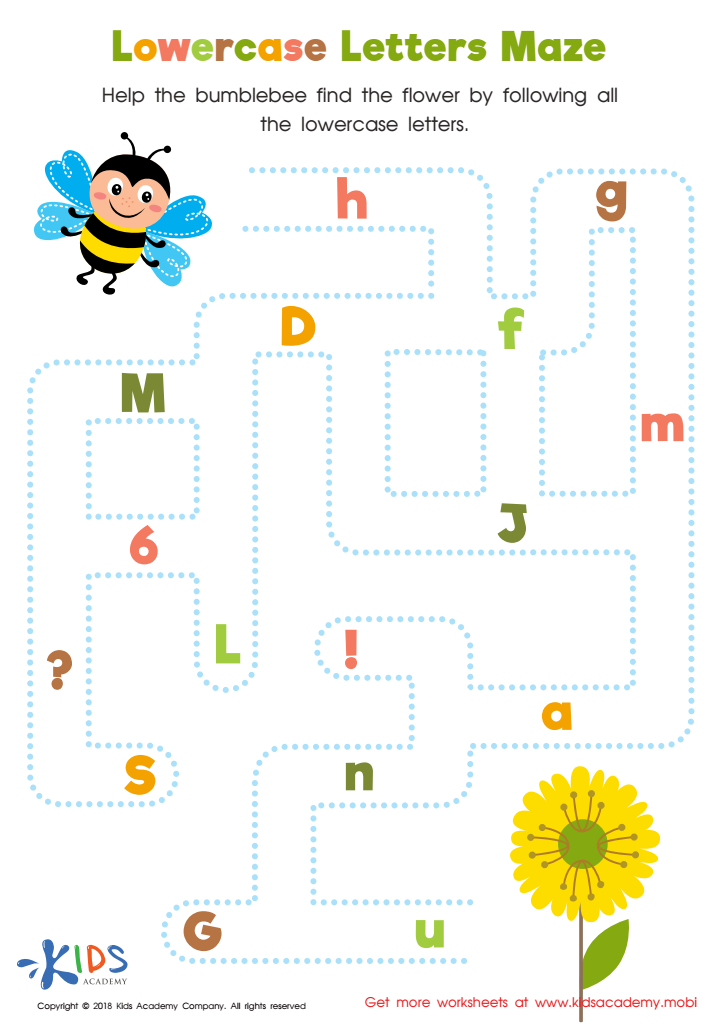

Lowercase Letters Maze Worksheet
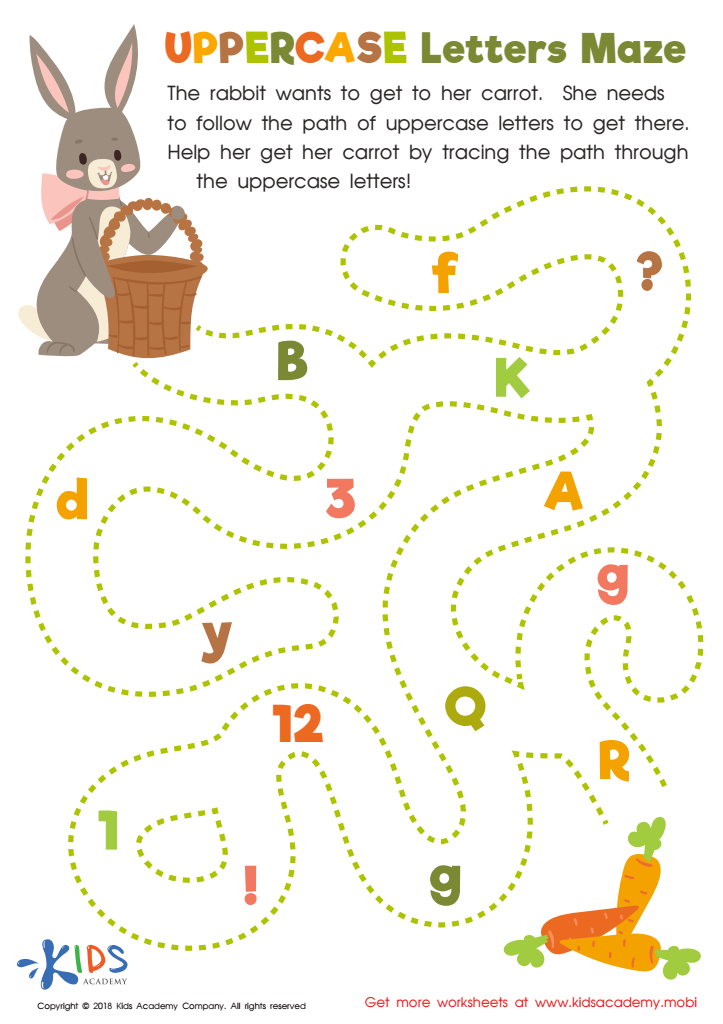

Uppercase Letters Maze Worksheet
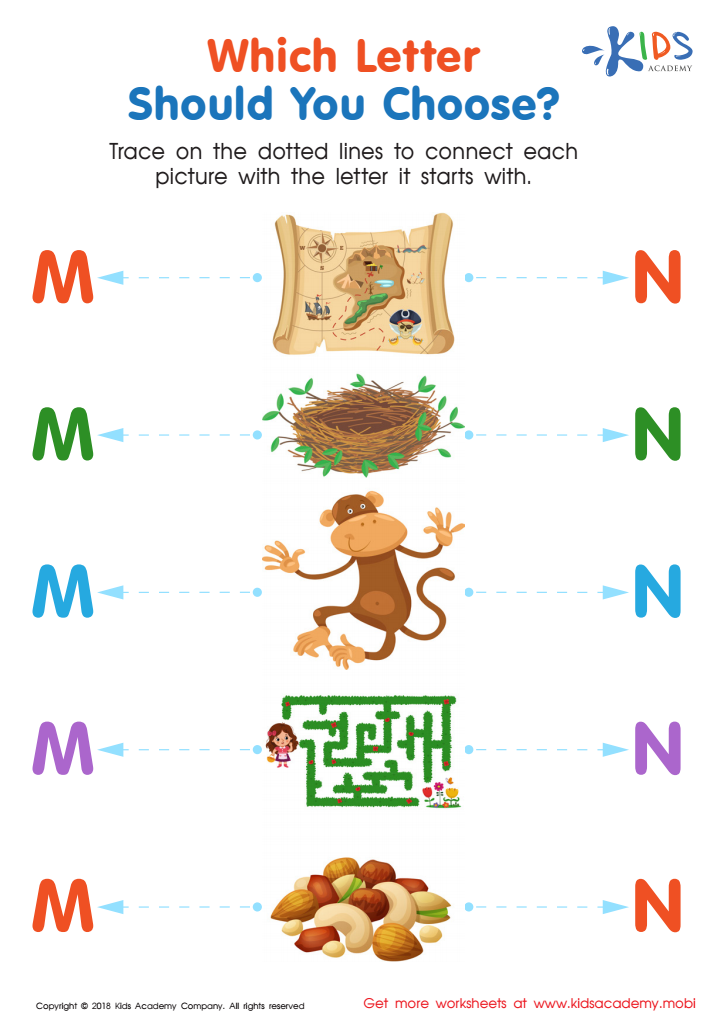

Which Letter Should you Choose? Worksheet


Long Vowel Maze /o/ and /i/ Worksheet
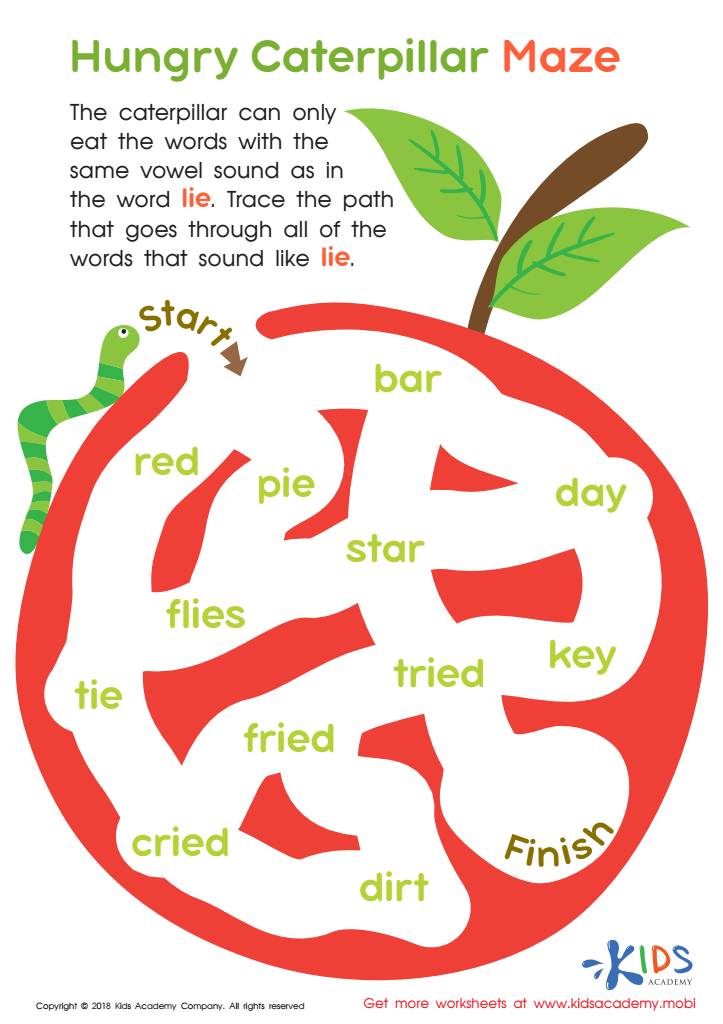

Hungry Caterpillar Maze Worksheet
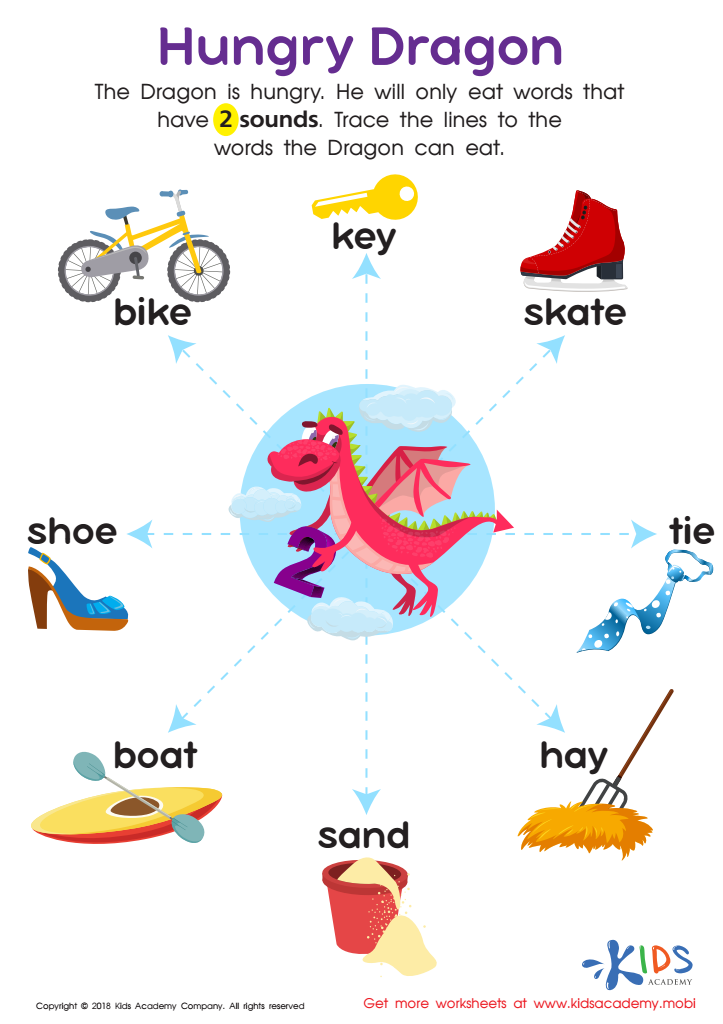

Hungry Dragon Worksheet
Problem-solving skills are vital for children aged 3-7 as they lay the foundation for critical thinking, resilience, and independence. During these formative years, children are naturally curious and eager to explore their surroundings. Engaging them in problem-solving activities encourages creativity and helps them learn how to approach challenges effectively.
Parents and teachers should care about fostering these skills because they contribute significantly to a child's overall development. When children learn to identify problems, brainstorm solutions, and evaluate outcomes, they cultivate a positive mindset and the ability to think on their feet. These capabilities serve not only in academic settings but also in everyday life situations, enabling children to navigate obstacles with confidence and resourcefulness.
Moreover, collaborative problem-solving enhances social skills. Children learn to communicate, share ideas, and work as a team, which are important skills for their future interactions. By nurturing problem-solving skills early on, parents and teachers equip children with the tools to become capable, adaptable individuals. Investing time in these foundational skills today can lead to a lifelong love for learning and better preparedness for the complexities of tomorrow's world.

 Assign to My Students
Assign to My Students




.jpg)









